Human Resources
Interpersonal Skills and Self-Improvement
£2360 (£1600 during the tuition waiver period)
The course aims to supports organisational and self-awareness in learners. It provides a foundation for a self-critical and reflective approach to personal development to support the learner when operating at a strategic level. Wider context organisational and environmental factors are also considered as contributors to overall strategic success of the individual and the organisation.


1. Be able to identify personal skills to achieve strategic ambitions
2. Be able to manage personal leadership development to support achievement of strategic ambitions
3. Be able to evaluate the effectiveness of the leadership development plan
4. Be able to advocate an employee welfare environment that supports organisational values


Scholarships
Citizens of the following countries are eligible for a 50% scholarship upon writing a personal statement. All scholarships are to be approved by the Academic Board. The list of countries are: Sri Lanka, Indonesia, Philippines, Bhutan, Morocco, Vietnam, Papua New Guinea, Laos, Cambodia, India, Nigeria, Ghana, Bangladesh, Laos, Myanmar, Pakistan, Nepal and South Africa. Please talk to your student counselor and ask for the Coupon Code to get the 50% Tuition Waiver.

To pass the unit a 40% overall grade must be achieved.

You are eligible if you meet our stipulated entry requirements.









Introduction to the module
Introduction
Human Resource Mangement and Startegy
Strategic Direction of an Organization
Strategic Skills of a Leader
Future Skills and Strategic Ambitions
Leadership Development and Personal Development Planning
Leadership Styles
Achieving Organization Objectives
Leadership Development Planning
Talent Management and Development
HRM Business Performance
Strategic analysis: understanding a firm’s competitive environment
Evaluating the external environment